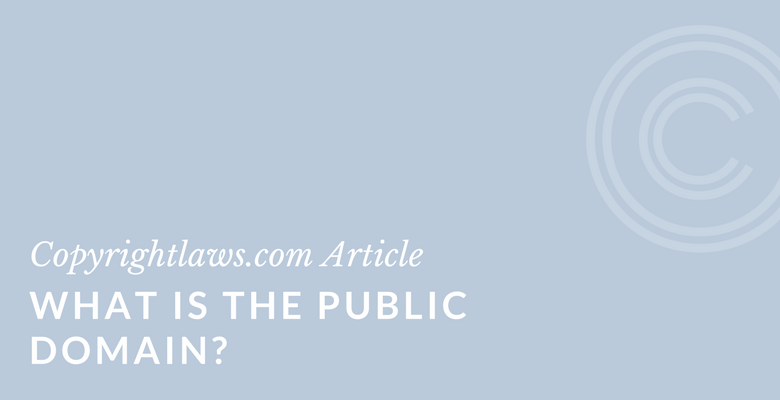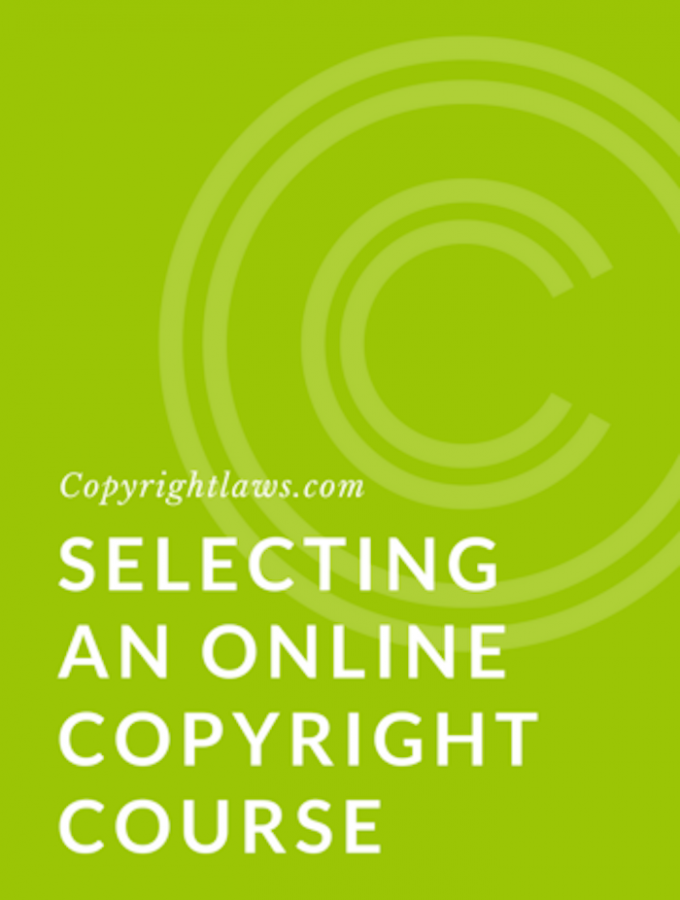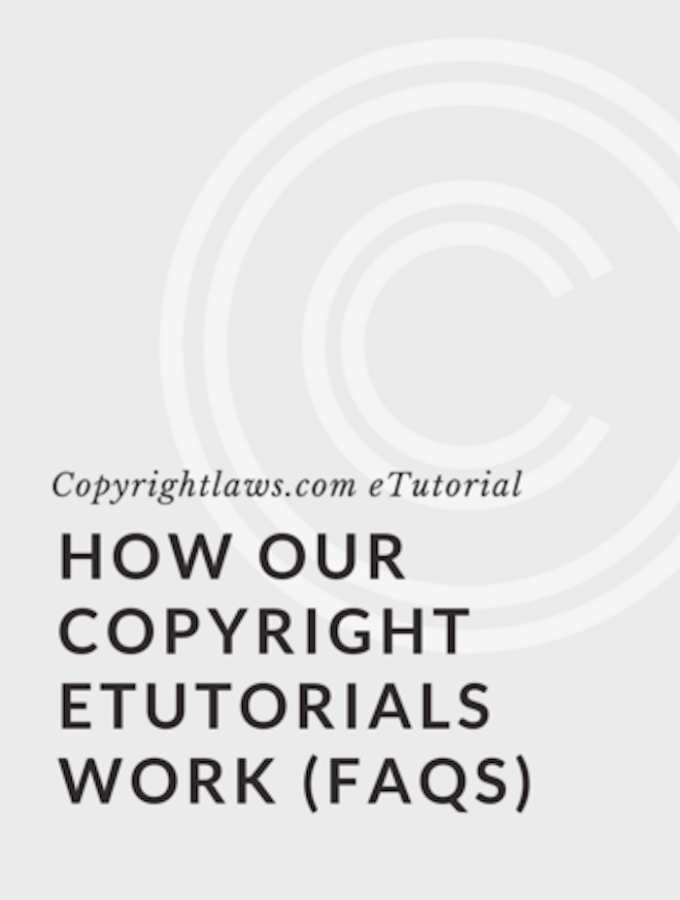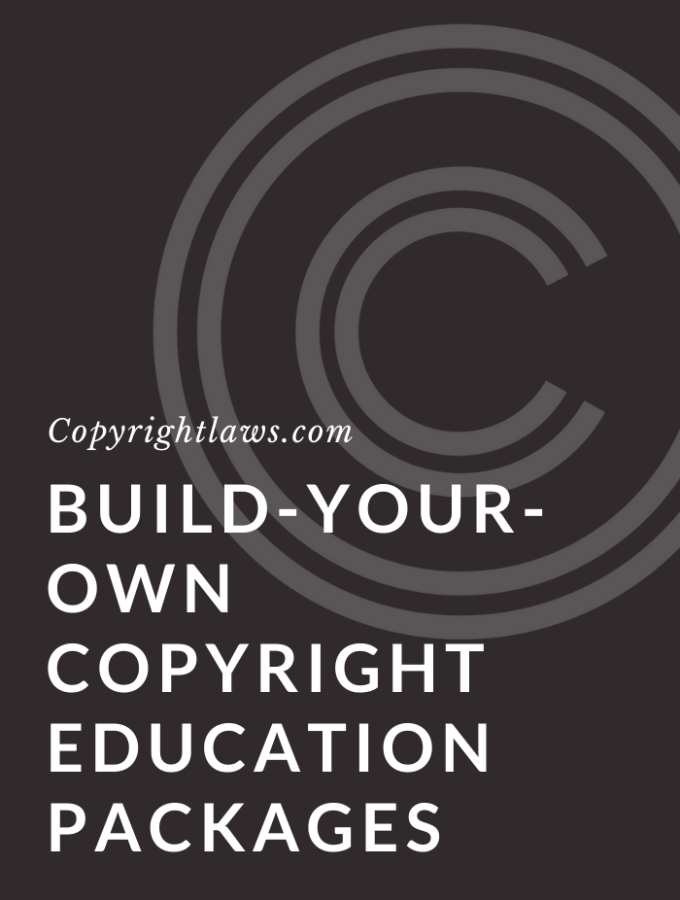What's in the public domain?
Public domain is a frequently used term in copyright parlance, yet it isn't defined in copyright statutes. This article provides insight into when content is in the public domain under copyright law, from both the U.S. and international copyright law perspectives.
This information will help guide you determine when you need to obtain copyright permissions. To learn how to make informed copyright decisions relating to permissions and the public domain, see our Copyright Leadership Certificate program.
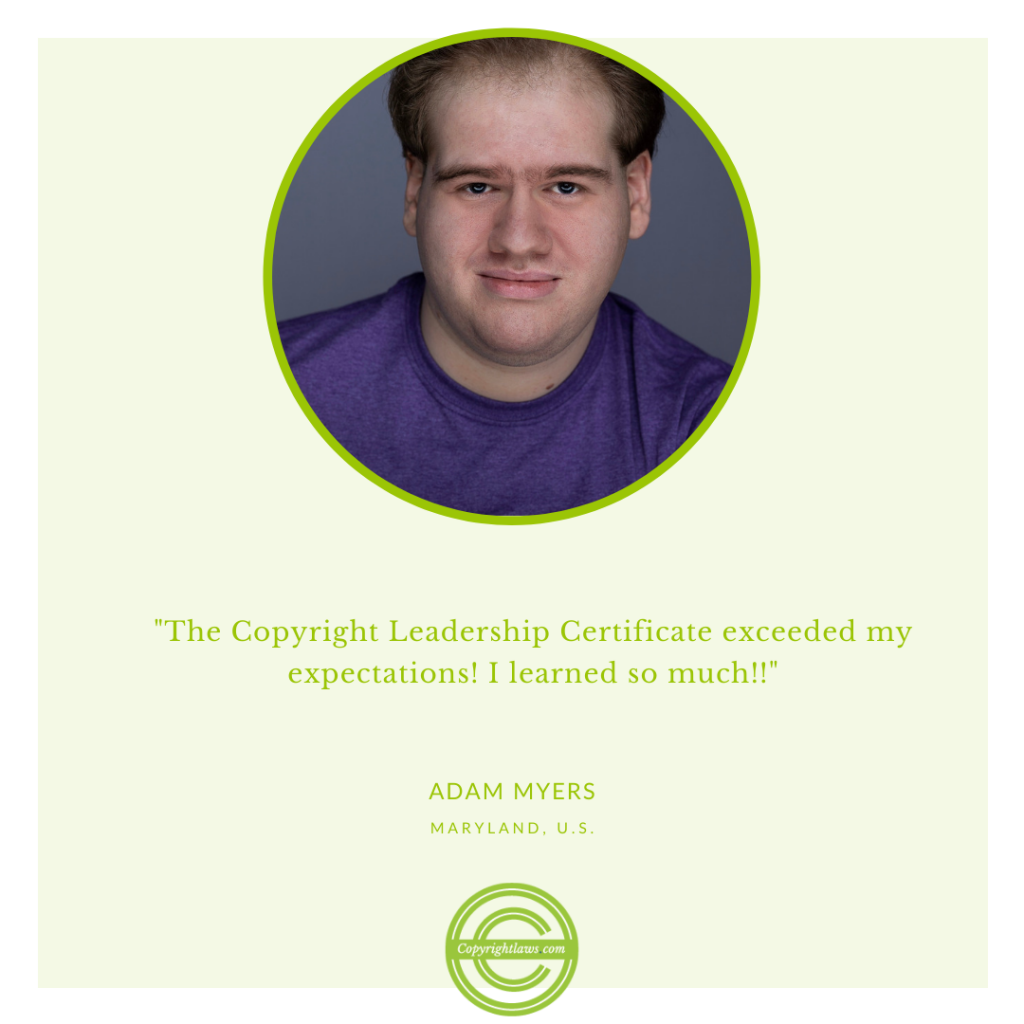
What Is the Public Domain?
The phrase "public domain" (PD) isn't in the U.S. Copyright Act. It is, however, commonly used to refer to content that isn't protected by copyright law.
Works that are in the public domain may be used freely, without obtaining permission from or compensating the copyright owner.
How Do Works Enter the Public Domain?
Public domain works, or content that isn't protected by copyright law, may not be protected for a variety of reasons, including the following:
- The duration of copyright in the work has expired — In the U.S., for example, the copyright in a book expires 70 years after the death of its author. The minimum duration of copyright protection as set out in the leading copyright treaty, the Berne Convention, is life-plus-fifty but many countries now have a life-plus-seventy duration as in the U.S. (See the section below on Public Domain in Other Countries.)
- The work was produced by the U.S. federal government — In the U.S., works produced by the federal government don't have copyright protection. However, a work produced by a consultant or freelancer to the government may have protection and the original copyright owner may transfer that copyright to the government. Note that in other countries, such as Canada, there is copyright protection in federal government works.
- The work isn't fixed in a tangible form — A work such as a speech, lecture or improvisational comedy routine that hasn't previously been written or recorded in any manner isn't protected by copyright and therefore is in the public domain.
- The work didn't include a proper copyright notice prior to 1 March 1989 — In the U.S., this doesn't apply to works created after 1 March 1989, when a copyright notice became no longer mandatory to protect a work. However, prior to that date, notice of copyright was necessary on all published works. Without this notice, the work went into the public domain. Most countries don't have a copyright notice requirement. Note that Berne member countries cannot have any requirements such as a copyright notice in order for authors to have copyright protection in their works — that's always automatic in Berne Convention countries.
- The work doesn't have sufficient originality — Examples of works that may not have sufficient originality to be eligible for protection by copyright include lists or tables with content from public documents or other common sources.
Examples of Public Domain Works
In terms of copyright protection, works in the public domain in the U.S. generally include the following:
- U.S. Federal legislative enactments and other official documents
- Titles of books or movies, short phrases and slogans, lettering or coloring
- News, history, facts or ideas (note that a description of an idea in text or images, for example, may be protected by copyright)
- Plots, characters and themes from works of fiction
- Procedures, methods, systems, processes, concepts, principles, discoveries or devices
Note that the above list of works may be protected by other areas of intellectual property such as patents or trademark protection.
Adaptation of Public Domain Works
An adaptation of a work in the public domain may have copyright protection on its own as a new version of a work. Adaptations include translations, amended versions and annotated versions.
For example, Shakespeare’s "Romeo and Juliet" may be in the public domain, but a new version with annotations or illustrations may have copyright protection in these new parts of the work. However, this doesn't affect the copyright status of the public domain portions of the adaptation. For more information, see Copyright Permissions: Understanding Layers of Rights.
Public Domain in Other Countries
The fact that a work is either protected by copyright in the U.S. or in the public domain in the U.S. doesn't mean that same work has the same copyright status in another country. For example, a U.S. government work may be in the public domain in the U.S. but protected by copyright in Canada. (This sounds odd and in practice this can cause problems. For example, a person in Canada may have difficulty clearing the rights to use a U.S. government work in Canada since that same work is in the public domain when used in the U.S.)
Also, due to different durations of copyright among countries, a work that's still protected by copyright in the U.S. because of the 70-year duration may be in the public domain for the last 20 of those 70 years in a country with a 50-year copyright duration. This is an issue to consider for any online projects or websites where uploaded content will be used in countries with different copyright durations than your own country.
On each 1 January, various published lists highlight works that enter into the public domain that year. These lists are country specific.
Need an efficient and flexible way to learn more about copyright law?
Check out the Copyright Leadership Certificate.
Our fully online program allows you to learn on your schedule and at your own pace,
and is designed for nonlawyers to manage their copyright and licensing issues.
The certificate program is fantastic. Beyond fantastic. I can’t recommend this program enough. It’s validating in that it reviews and supports the bits of copyright law that I’ve gleaned in doing this thing called "visual research." It’s a great compilation of a lot of things that come up in our emails/Facebook…. I wish I had taken this course 15 years ago when I started. I wish I had taken this course anytime within the last 15 years. I feel like it’s making me a better researcher, and more confident in knowing the law behind our research scenarios.

